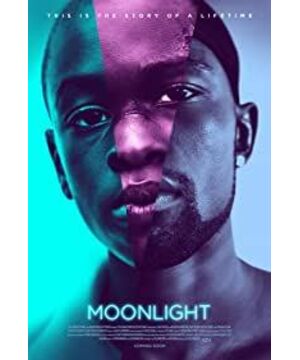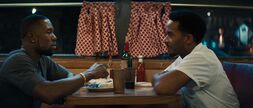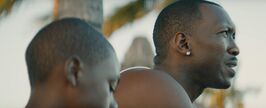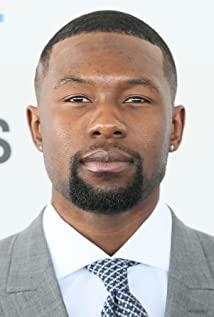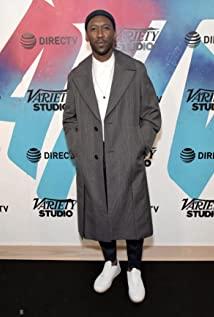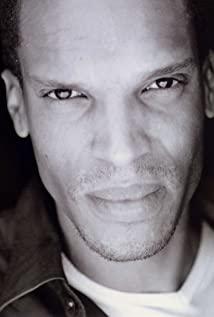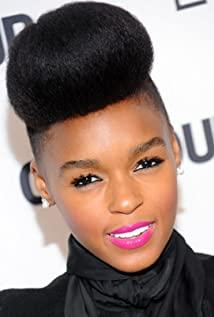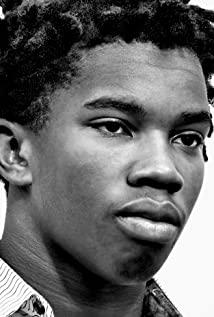(Suddenly found on the computer that half of the article was written a year ago. Put it up first and complete it later.)
Before the start of this year’s Oscars, it was predicted that the best film would be "Moonlight Boy" instead of "La La Land" or "Manchester by the Sea." "The best film is truly deserved.
In my impression, black movies are mostly restless, like an adolescent boy with excess hormone secretion. This restlessness can be interpreted as a passionate pursuit of dreams, such as "The King of Souls" and "Dream Girl"; It can also be the cynical and uncompromising under the lens of Spike Lee, such as "Malcolm X" and "DO THE RIGHT THING"; or it can be as tense and bitter as "Liberated Jiang Ge" and "Do the Right Thing". Twelve Years of Being a Slave.
There are few black-themed movies that can be made as detailed and subtle as this movie that is worth repeating. My first impression after watching this movie is: a black film with Wong Kar-wai temperament, but with Wong Kar-wai’s Indulging in the emotional vortex between rejection and acceptance is inextricably different, the idea of this film is even more profound
At the beginning of the movie, it was a long shot. Juan walked out of the car and the camera followed the shot. Two black men appeared in the background. Juan approached. The camera rotated 360 degrees around the two black men. One was Juan’s men selling drugs. Another one who has no money and wants to take a bite. Pay attention to the expressions of Juan’s subordinates. They are nervous and frightened. The long shot continues. Juan chats with him and talks about business. Then the actor Chiron appears and is chased by a group of children cursing "faggot." "At this point, the first shot of the movie is over and cut to the actor Chiron. Why did the director use such a long shot? Put an insecure black man at the center of the lens. In my opinion, this person is in a position to be scrutinized. This scrutiny can be understood as his boss Juan is here and he is in a position to be supervised. Be extra cautious and also You can enlarge the field of vision and understand that the African American ethnicity is placed in a position to be scrutinized, and the scrutinized person is frightened. This emotion continued on the next shot. The hand-held camera chased Chiron. The shaking image gave people a sense of tension and fear.
The protagonist Chiron was born into a single-parent family, a drug-cooking cue, and lacked loving care since childhood. Because of his own difference, he was nicknamed "Little", and was called "faggot" because of his vague sexual orientation. He was in the playground. No one played with him.
This scene on the playground is worth watching repeatedly. The children form a semicircle, and the camera captures each child’s innocent face one by one. Note that the soundtrack at this time is a soprano. The combination of the soundtrack and photography gives people a sense of ritual. Not only the protagonist, but the entire black group, or their childhood, and then the photographic processing of Chiron and Kevin when they were fighting. To be honest, they are all close-up shots of their physical conflicts. This group of shots emphasizes that Chiron and Kevin Psychological feelings of boys when they are in close contact.
Being bullied at school, he has been discriminated against and isolated since he was a child. His marginalized role can also be placed on any minority ethnic group. When Chiron asked Juan what it means to be gay, Juan Saying "gay" is an insult to homosexuals. You can be a gay, but you won't be gay. In this conversation, is it the same to replace the word faggot with nigga?
Juan took in this lonely child who was discriminated against. He did not preach to such a child, but silently cared for him like a father.
View more about Moonlight reviews


